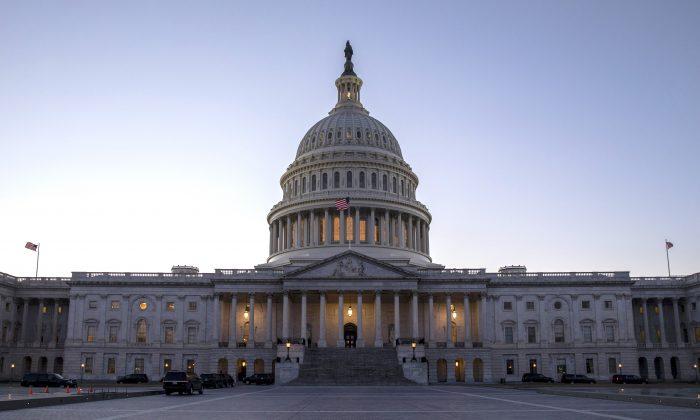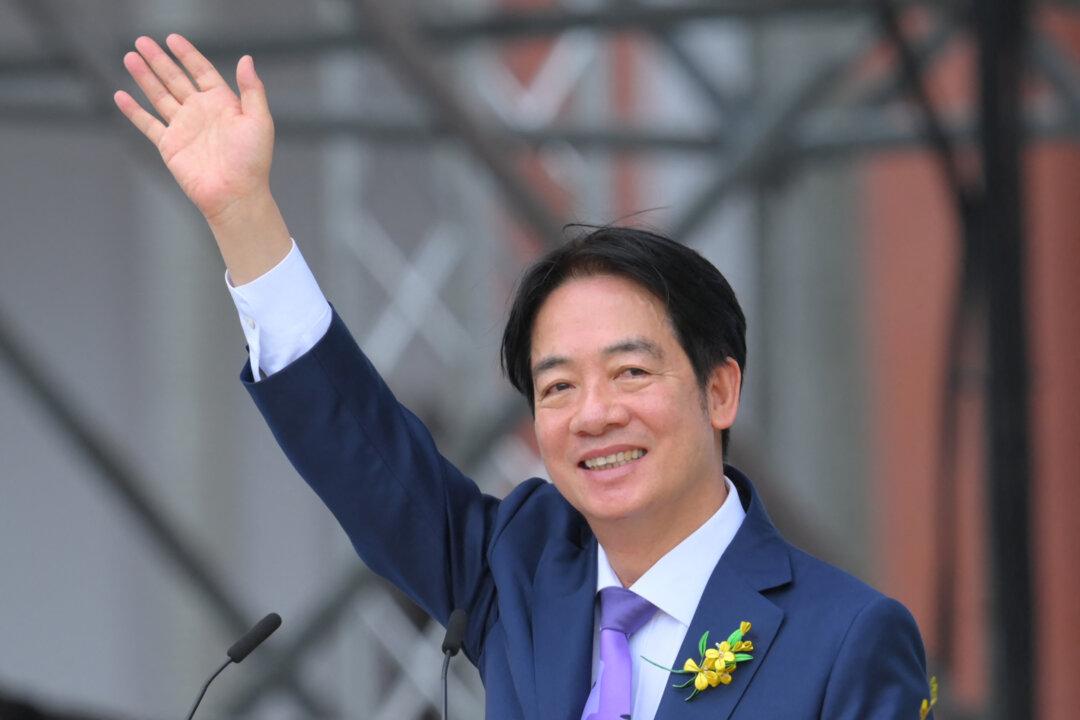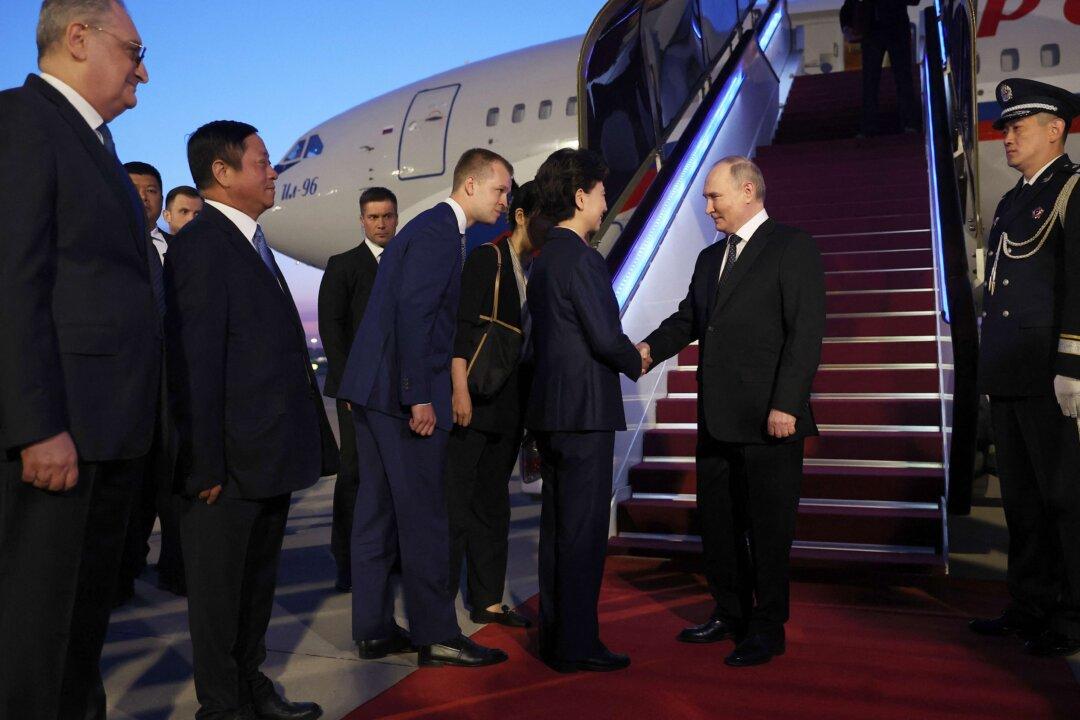Commentary
Given the rise of the dominance of the progressive wing of the Democratic Party, it is important to consider what a progressive foreign policy would be. While progressives have centered on domestic policy, there is only a matter of time before attention is turned to international politics.





